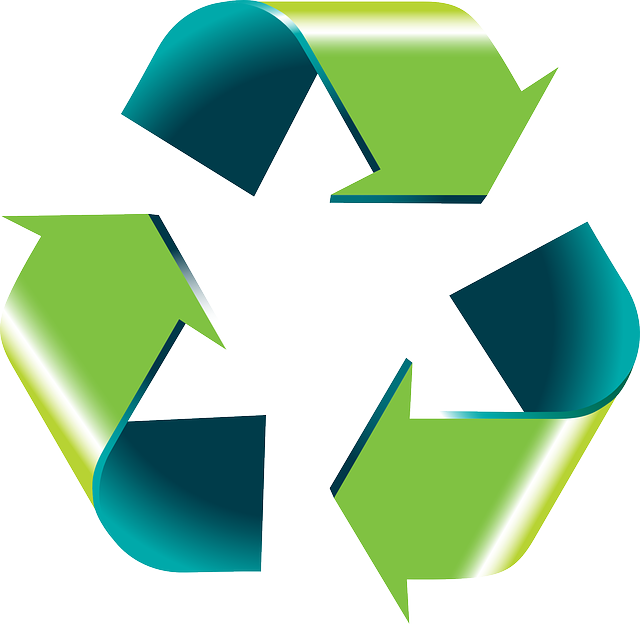 San Francisco has always stood out as a progressive, environmentally responsible city. In fact, the city we call home is a Zero Waste city. That means that our Department of Public Works strives to make it possible for us to completely avoid sending any of our accumulated waste to landfill or incineration.
San Francisco has always stood out as a progressive, environmentally responsible city. In fact, the city we call home is a Zero Waste city. That means that our Department of Public Works strives to make it possible for us to completely avoid sending any of our accumulated waste to landfill or incineration.
Zero Waste matters to families, since we’re raising kids who will inherit our world, but the time and effort it takes often eludes us in the mad rush of parenting. However, with a bit of information and some new habits, families CAN get closer to or even reach Zero Waste. Every small step we can take is progress! Now, here’s what you need to do:
First, you need to know where to put items you wish to discard.
Compost (green bin)
- Yard waste
- Food scraps
- Paper products (can be wet)
Recycle (blue bin)
- Glass bottles
- Cans
- Paper products (dry)
- Hard Plastic
Special Recycle Items
- Batteries: black box or a bag on top of the recycling bin
- Soft Plastic/wrappers: collect in a single plastic bag and place inside the recycling bin at the top
Landfill (black bin)
- Styrofoam
- Broken dishes
- Kitty litter
- Mixed materials (includes disposable razors)
Next, you’ll need to adjust your habits so that you reduce your waste, especially landfill-only materials.
Reuse
- Use items that can be reused, like cloth diapers or a Tupperware for packed lunches.
- Find new uses for items instead of discarding them, like turning an empty shampoo bottle into a bath toy or an Amazon box into a fort or pantry storage container
Give
- Donate, rather than trash (but please don’t donate ruined items
- Hand down clothes to younger children in your family and community
Reduce
- Buy fewer things, taking into consideration all that you truly need. Growing kids only need a few outfits.
- Invest in higher quality items that will last longer or can be repaired
- Buy in bulk to reduce packaging waste.
- Avoid or substitute landfill only materials
Good trash habits are just that: habits. With a bit of push to get yourself started, you will soon know where to put your trash and make environmentally responsible decisions without having to think it through. And best of all, you’ll set a positive example for your children that will stick with them throughout their lives.














